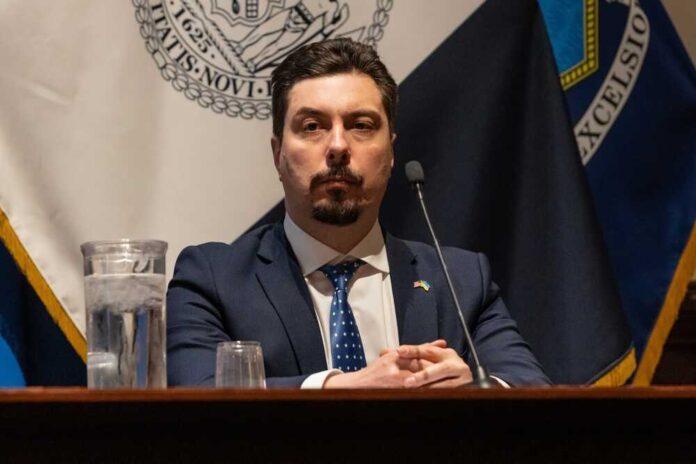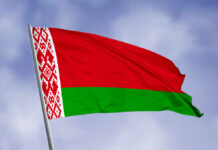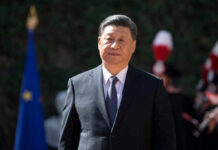
Ukraine’s Supreme Court is facing yet another blow as Vsevolod Kniaziev, the head of the court, has reportedly been apprehended by authorities on suspicions of corruption.
The National Anti-Corruption Bureau of Ukraine has accused the head of the Supreme Court of Ukraine, Vsevolod Kniaziev, of receiving a large bribe.
The Ukrainian media reported that the chairman of the Supreme Court had been detained while taking a bribe of $2.7 million. pic.twitter.com/jyzjtvyRm5
— NEXTA (@nexta_tv) May 15, 2023
This detention comes as part of an ongoing crackdown by the Zelenskyy administration, which has been actively pursuing corrupt officials and political parties since Russia’s invasion of the country began.
According to a report from The Guardian, anti-corruption authorities operating in Ukraine have taken the Supreme Court leader into custody in connection with bribery allegations. The authorities assert that the senior judge may have accepted a staggering sum of $2.7 million in a single bribe.
Confirming the arrest, Ukrainian prosecutor Oleksandr Omelchenko stated, “At this time, the head of the supreme court has been detained, and measures are being taken to investigate the involvement of other individuals in criminal activities.” Omelchenko referred to Kniaziev by his job title, highlighting the gravity of the charges against him.
Meanwhile, the National Anti-corruption Bureau of Ukraine (NABU) emphasized that this arrest demonstrates the government’s firm commitment to combat corruption, highlighting that even those in top positions of power are not exempt from being held accountable.
“Through concrete cases and actions, we are prioritizing the fight against top-level corruption and criminal organizations,” the NABU remarked. The Guardian, speculating on the motive behind the arrest, noted that curbing corruption has been a significant objective for Ukraine as it seeks to join the European Union.
As part of these efforts, Ukraine has also undertaken a process of de-Russification following the invasion. During the period of martial law, 11 opposition parties, including the largest opposition party perceived as being too pro-Russian, were banned by decree.
Furthermore, even before the conflict began, the leader of Ukraine’s primary opposition party was arrested, accused of disclosing military secrets to Russia. It is worth mentioning that not all banned parties were pro-Russian; some were instead categorized as “anti-Liberal” or held skepticism toward the European Union, according to German analysis of the decree.
With ongoing efforts to cleanse the system, Ukraine wants to demonstrate its commitment to transparency and the rule of law as it navigates the path toward EU membership. However, the fallout from corruption allegations within the highest echelons of power raises questions about the extent of the problem and the challenges that lie ahead for the country.
































